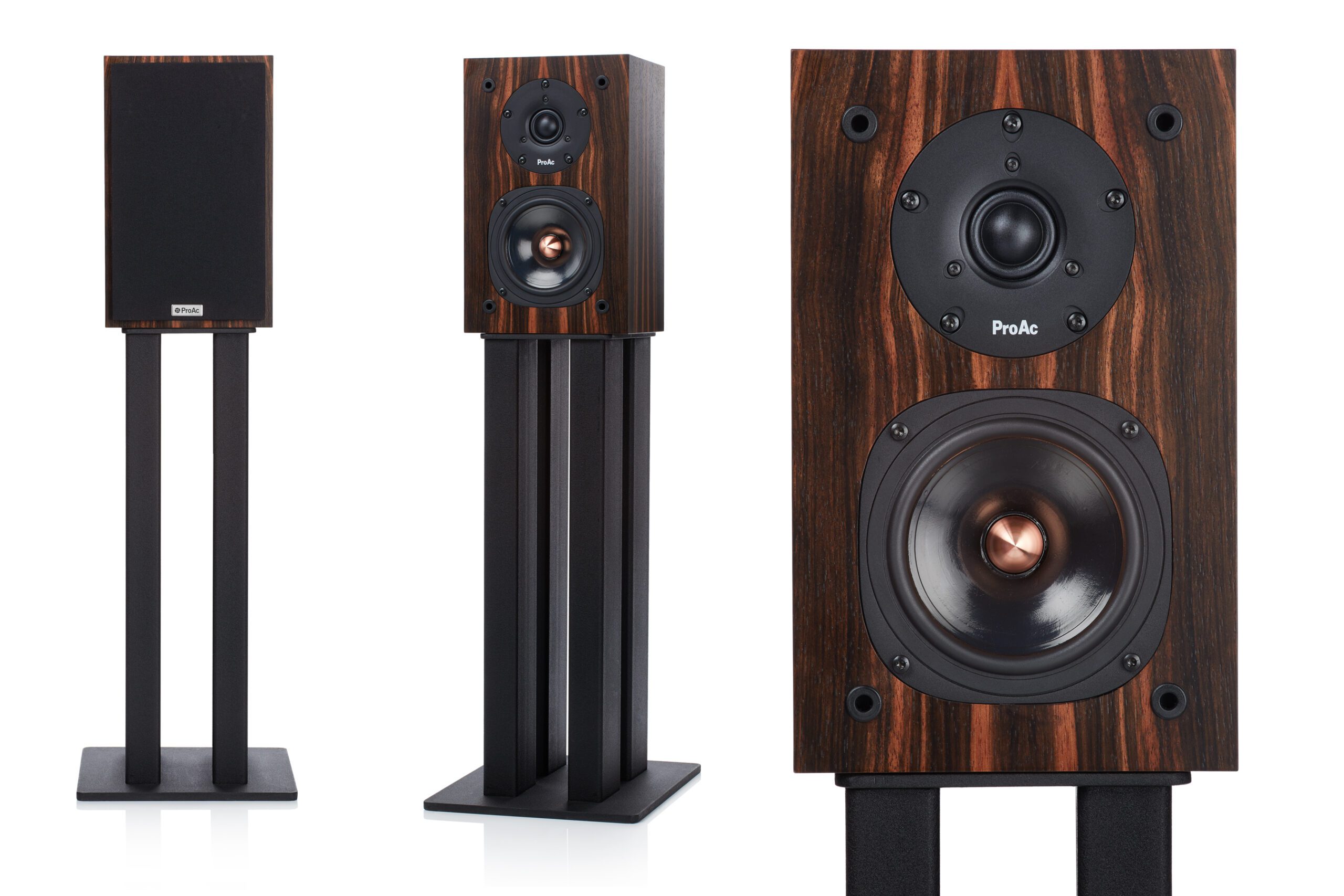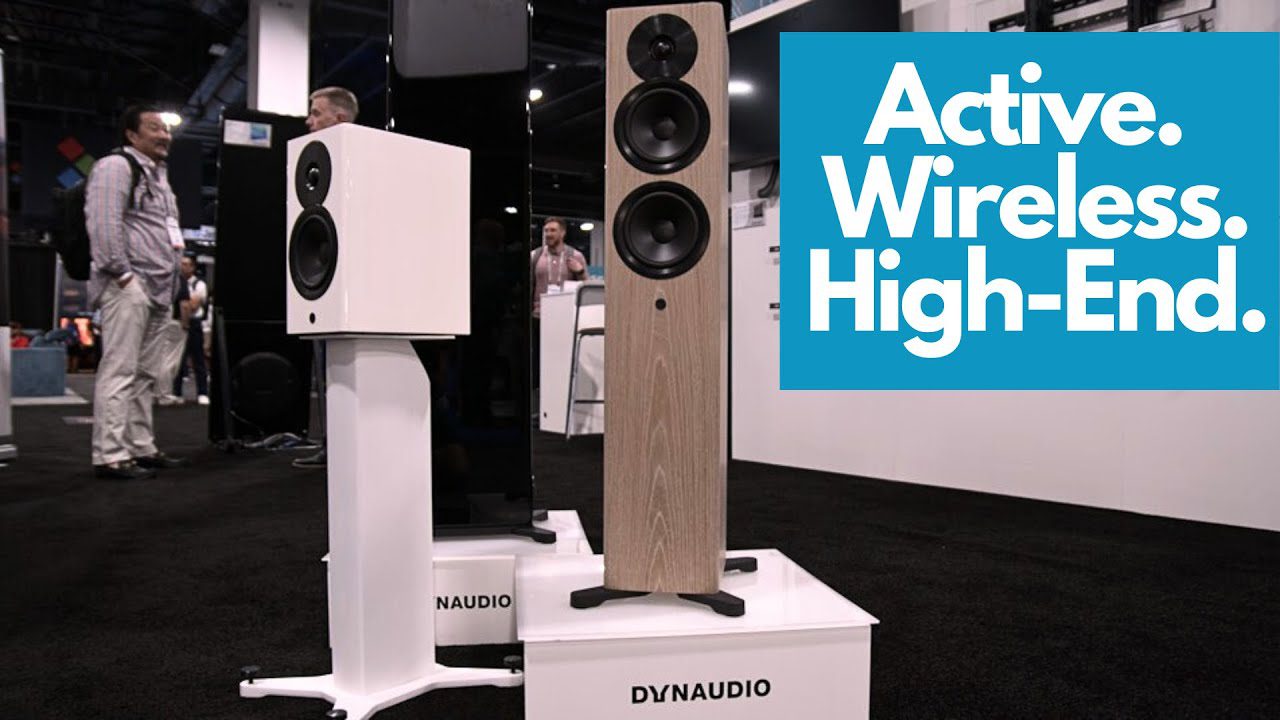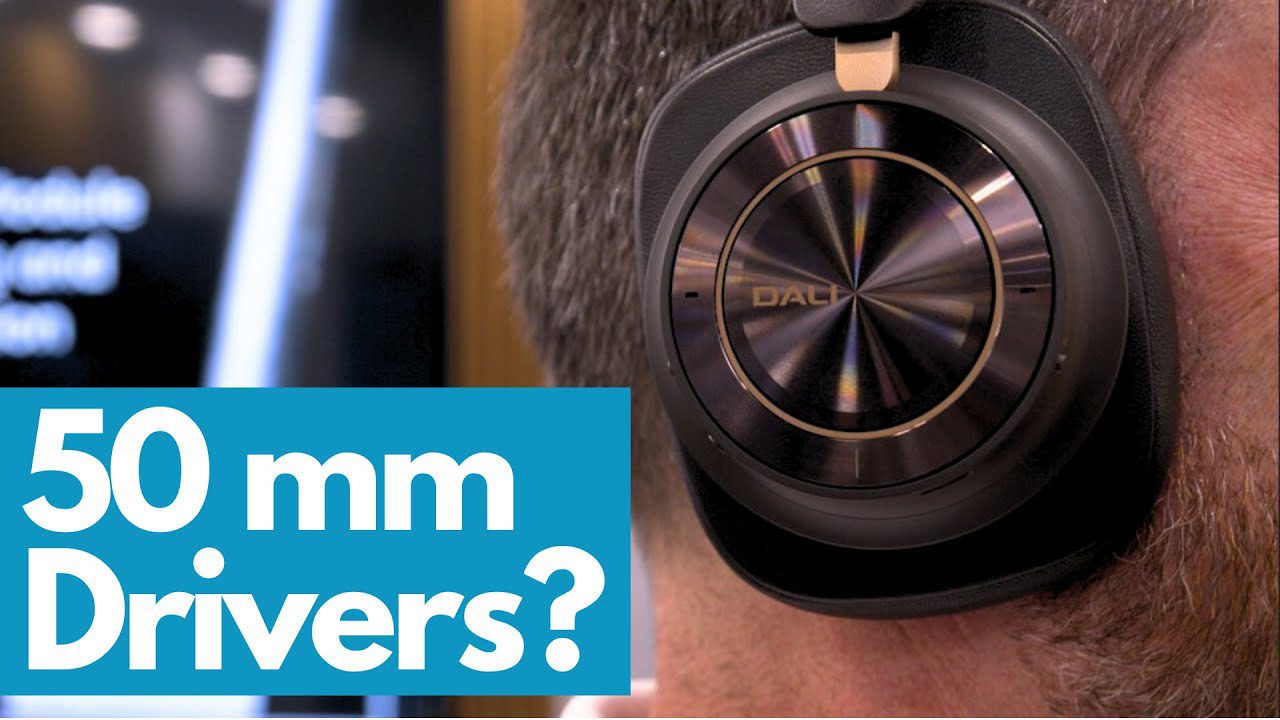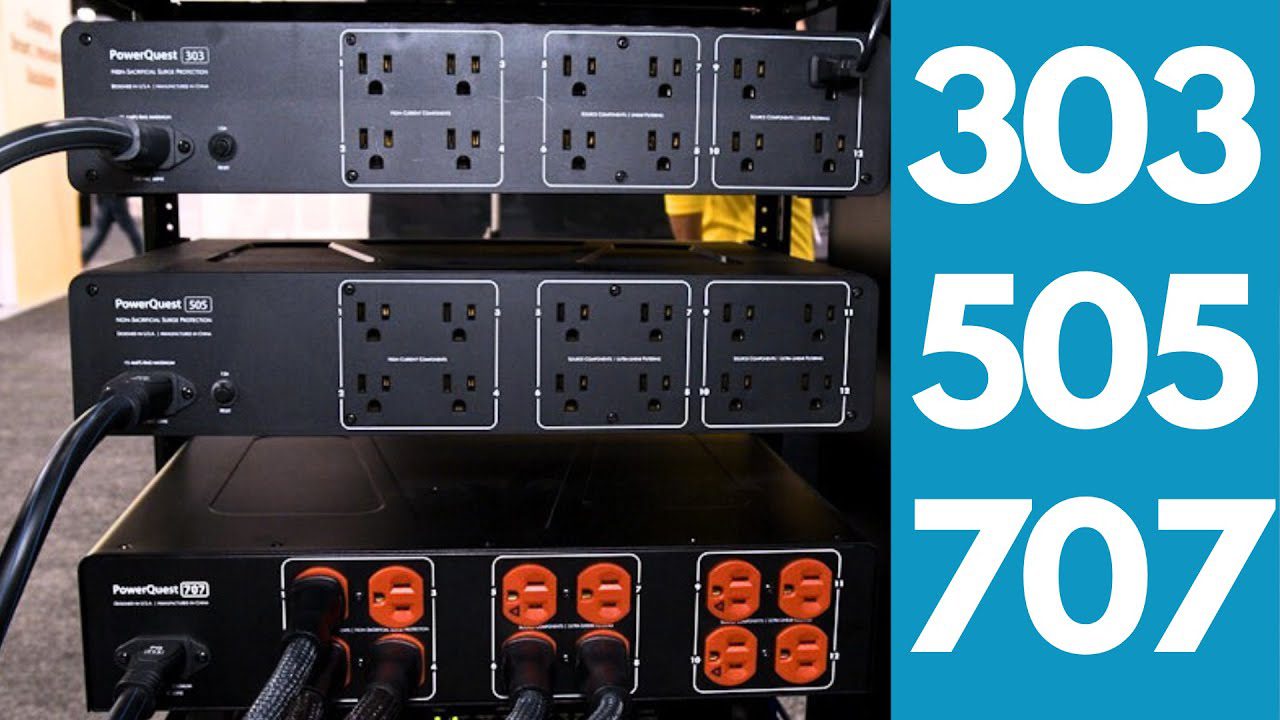
“You’re going to hate me,” says Gary Numan, when I ask him if he’s a hi-fi fan and what music he’s been listening to recently.
“I don’t listen to music,” admits the 63-year-old, electro-pop pioneer, speaking to me from the L.A. home he shares with his wife, Gemma, and their three teenage daughters, Raven, Echo and Persia.
“The kids listen to music all the time – our house is full of it. If you walk past Raven’s room you might hear Harry Styles or Ariana Grande. Echo might be listening to Nine Inch Nails or Lana Del Rey, and in Persia’s room it’s all hip-hop and rap. Gemma has music on all the time too, so my problem is trying to find a quiet place to think without f***ing music drowning me out!”
He adds: “I don’t listen to music in the car, or I don’t put the radio on – being in the car is when I do my thinking. When I’m not making an album, I like to have very little to do with music, but I do go and see bands – or I did do – so I get my fill of it from that. The idea of me being at home, putting an album on and listening to it? I haven’t done that for about 30 years!”
In 1979, London-born Numan, who has influenced artists including Trent Reznor of Nine Inch Nails, Lady Gaga, Beck and The Foo Fighters’ Dave Grohl, scored UK number one hit singles as both the frontman of New Wave band Tubeway Army (‘Are ‘Friends’ Electric?’) and a solo artist (‘Cars’).
It’s estimated that in the first two years of his career, he earned £6 million. He admits he spent a fortune on houses, Ferraris and planes.
Ironically, for someone who loves his vehicles, Numan’s latest studio album, Intruder – his eighteenth – is a concept record about climate change and the effect it’s had on planet Earth. Some of the lyrics also deal with themes that are linked to COVID-19.
It’s dark, unsettling and edgy – with shadowy, Depeche Mode-style synths, industrial rhythms, electronic beats and Middle Eastern influences.
“The album is my idea of what the Earth would say if it could speak – how does it feel about what’s going on?” he says.
“All of the songs are trying to find that voice, or a different feeling, emotion or slant on the same idea. It’s slightly pretentious and I’m not sure I got close to doing any of those things, but that was what I was aiming for.”
SH: When did you move to L.A.?
GN: We came here at the end of 2012 and I feel reasonably at home.
How have you coped with COVID-19 and lockdown?
It’s been harder for most people than it has been for us – we’re in a pretty fortunate position, as we have a big house and a swimming pool. If you’re going to be locked-down anywhere, then this is a pretty good place.
I’d hesitate to say that’s it’s been difficult for us, but, having said that, who wants to be locked-in for long periods of time?
My children have suffered considerably – all of them have issues that have come about because of COVID, or have been magnified by it. My wife has also been struggling – it’s definitely taken its toll – but I’m actually alright. I’m like an immoveable rock that just sits there – everything washes around me.
I’ve been lucky in that I’ve had things to do, like the album, and also a book to write [his 2020 autobiography, (R)evolution]. I’ve had plenty to keep me busy.
To me, it doesn’t feel like the world is massively different, but I haven’t enjoyed it.

The sessions for the new album took place in your home studio and producer Ade Fenton’s studio in Bath, England. Was it all done remotely, due to living and working in the age of COVID-19?
We always work as if we’re in the age of COVID-19! We’re actually really good mates – he’s my best friend. We hang out when I’m in Britain and he sometimes comes here, but, from a working point of view, it’s all done remotely.
I write the songs here and then I work on them and build them up to a reasonable degree of production – that’s just to give Ade information. He can hear the song and know exactly what I’m looking for – the dynamics, the sound, the vibe, the tempo and the structure of it.
His job is to take that and somehow make it much better. He’s got a task on his hands, because I’m not particularly easy [to work with]. I can send him things because I know how I want it to sound, and he’s either got to make it a lot better, or, if he hears it going in a different direction, he’s got to convince me that it’s right.
Some of the songs have an industrial feel and the title track has that trademark Gary Numan synth sound on it, doesn’t it?
I guess so. I think the album definitely sounds like a Gary Numan record, but you’re always trying to find new sounds and move forward.
Do you use a lot of vintage synths or gear?
No – nothing at all. Strangely enough, I don’t have any synthesisers in my studio. It’s quite high tech, with a big 42’ touchscreen, which has all my software on it, two speakers and one keyboard to control my computer. All of my sounds, effects and processing are virtual. There is nothing legacy in my studio from an equipment point of view.
The song ‘The Gift’ has some Middle Eastern-sounding strings on it – it’s very cinematic…
The first three songs – ‘Betrayed’, ‘The Gift’ and ‘I Am Screaming’ – all use an instrument called a yaybahar, which it’s the only one of its kind in the world. It was invented by Gorkem Sen, who’s a Turkish man living in Cyprus. To have something unique like that on the album is amazing.
It’s not a synthesiser – it’s entirely organic and it’s the most mental-looking thing you’ve ever seen, with big, long springs attached to drums. It’s played with a bow.
I’m a fan of Middle Eastern melodies and sounds – the album has that flavour running through it.

The album was partially written and recorded during lockdown. Some of the current themes around coronavirus have found their way into a few of the songs, like ‘The Gift’, which imagines COVID-19 as the first weapon that the planet, which has been ravaged by global warming, deploys in order to eradicate mankind and once again flourish. When did you start working on the album?
A couple of years ago, so it was well under way by the time COVID-19 came along – two thirds of it was done. It already had its theme – the planet and climate change, and, strangely enough, I’d already had the idea that viruses were a part of the Earth fighting back.
In the past, you’ve written songs about technology, sci-fi and futuristic themes. Are you someone who’s worried about your carbon footprint and the future of the planet? You’re not an eco-warrior, are you?
I’m not an eco-warrior! It’s a difficult and sensitive thing to talk about. One of the things I’ve noticed is that if you put your head above the parapet and start talking about climate change, you are immediately judged for your climate credentials: “Do you have an electric car, or do you fly on airliners?”
I feel like saying, “go f**k yourself!” We live in the world we live in – if you want to get about or travel to a conference in Salzburg, or wherever, you’ve got to fly. Let’s not be silly – we don’t have electric planes, so don’t be stupid and start analysing my internal combustion miles and using it against me. The real topic is: how are we going to go about changing it from what it is now into something better?
If someone like me, with a tiny voice and a tiny bit of art, can add something to the argument to keep that conversation alive that’s a good thing. Don’t start having a go at me because I’ve got a V8 car! I’ve got an electric car as well – it gets childish. Do you know what I mean?
To be fair, you were writing about electricity and cars in the late ‘70s. Did you predict the electric car?
[Laughs]. I wish!
Your previous album, 2017’s Savage: Songs From A Broken World, debuted at number two on the Official Albums Chart, which was your highest charting position in almost 40 years. Did you feel any commercial pressure making the follow-up?
No. Towards the end of the 1980s/early 1990s, my career was going very badly. I made that terrible mistake of starting to listen to advice – everyone’s got an opinion. It was awful. I realised that for quite a few years, and for several albums, which culminated in the worst album I’ve ever made, Machine + Soul, in 1992, I was trying to write things to get on the radio and keep an A&R man happy. I was doing cover versions because someone said I should.
It wasn’t what I wanted to do – I made several albums and I didn’t like the process or the finished results. When I started doing music, when I was a kid, and even through my early success, it was a hobby and I loved everything about it.
I realised that I had to make it a hobby again – I had to get my mind back to that way of thinking, so I made a decision and I’ve stuck to it religiously ever since, from 1994 onwards. The albums and every single song have to be made for me.
If I start thinking about radio play, or what the record company have suggested, then I’m doomed again. I made myself a promise – if I’m working on a song and I start thinking whether it would sound good on the radio or not, then I will erase that song and start again. I’ve done it three times – not often – but I certainly didn’t do it with Intruder. I’m so paranoid about getting back into that mindset of careers and strategies.
Did you enjoy being a pop star, or did you feel like an outsider?
I definitely felt like an outsider. I was uncomfortable with the whole fame thing in one respect, but I loved it in another. I was torn – it was nothing like I expected. I didn’t enjoy everyone knowing who I was, but, on the other hand, and I’m not blowing my own trumpet, I achieved something pretty remarkable. It was an amazing thing to do – the realisation of the achievement and my mark on history was an incredible and phenomenal thing. It’s always going to be there.
I’d made something of my life and I was only 20/21. I felt good about that, but as far as being famous and all the shit that comes with it, I didn’t really take to that too well.
Now I find I’m in a much better position in that I’m so experienced and I’ve been doing it for so long that I know how to live the life I want within it – to enjoy the good bits and avoid the bad bits. There’s a real sweet spot in the middle and that’s where I’ve been for quite some time. I’m loving it.
You’ve had a career in music for over 40 years. What have been the best and worst bits?
The very beginning of it, in 1979, was really enjoyable – although I found the fame thing a bit weird, overall it was an incredibly exciting and phenomenal experience – and the other good bits of my career have been everything from 1994 until today. That’s not to say there weren’t some difficulties, but it’s gone in the right direction and I’m proud all the music I’ve done since then.
Everything between that first bit and 1994 was less enjoyable – I don’t look back at it with any great deal of satisfaction.
You turned 63 this year. What would be your advice to a young Gary Numan who is just starting out in the music business?
Calm down, don’t get so wound up and don’t panic – everything’s going to work out.
Would you still buy as many cars and planes?
Oh yeah – more probably.

Intruder by Gary Numan is out now on BMG.
Tags: GARY NUMAN
By Sean Hannam
More articles from this authorRead Next From Blog
See all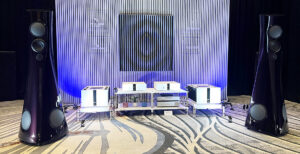
AXPONA 2024 Show Report Part One
- Apr 19, 2024
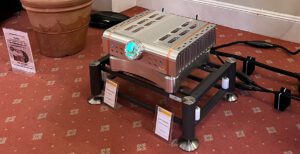
Audio Show Deluxe 2024: A photo show report
- Mar 28, 2024
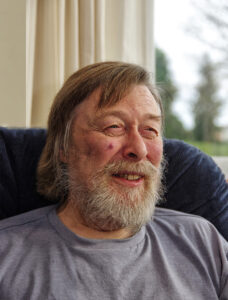
Paul Messenger 1949-2024: A personal tribute
- Mar 26, 2024

Bristol Hi-Fi Show 2024: See You There!
- Feb 21, 2024

